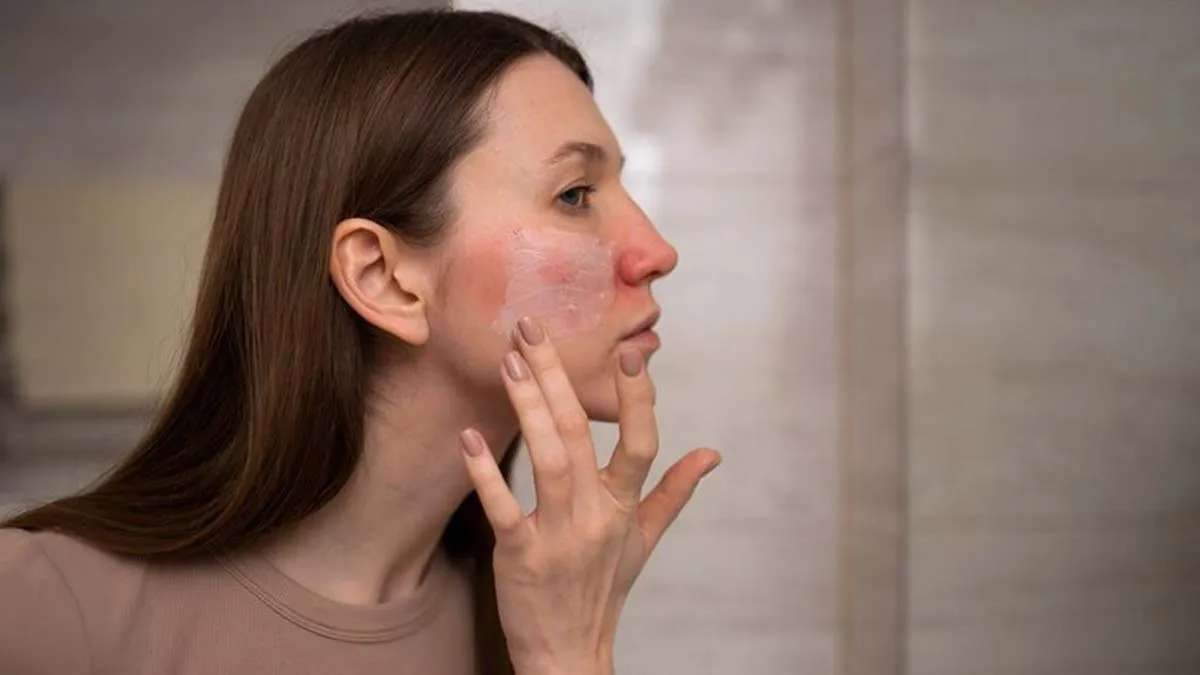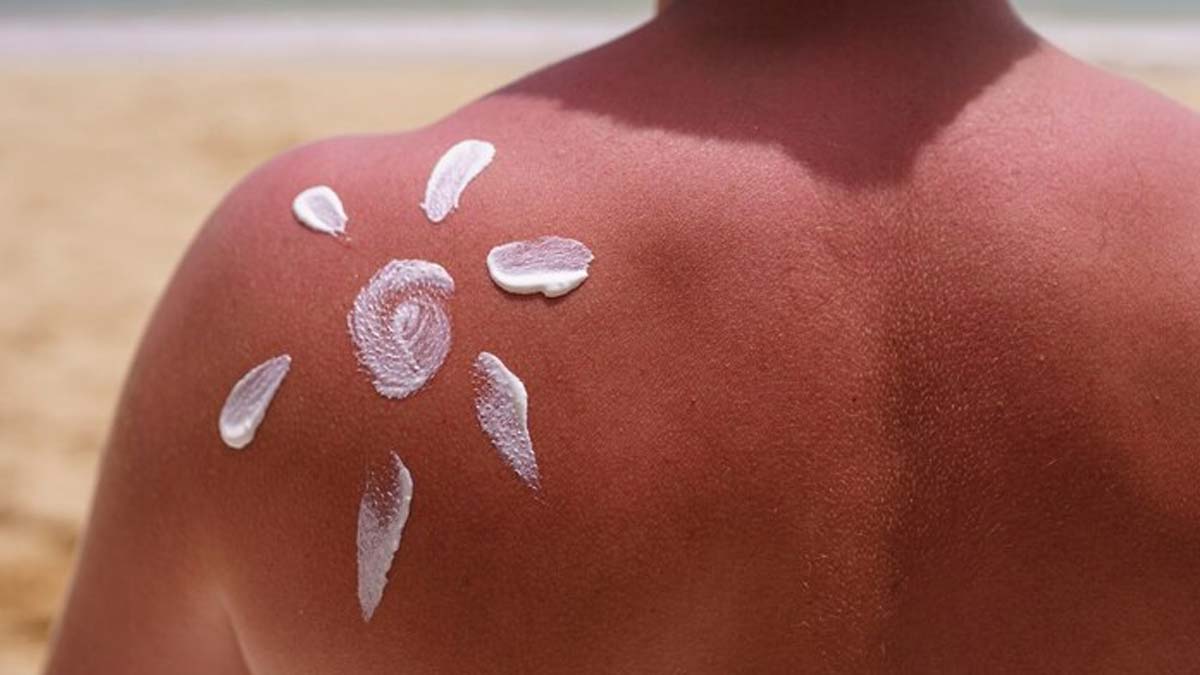
Have you ever noticed your face turning red after a hot cup of coffee or a stressful day? For those with rosacea, this isn’t just an occasional flush; it’s a daily struggle. Rosacea is a skin condition that causes persistent redness, sensitivity, and unexpected flare-ups. While there’s no cure, managing it becomes much easier when you know what triggers it. A few simple adjustments can help you keep your skin calm and under control.
Table of Content:-
Factors To Avoid Triggering Rosacea Symptoms
1. Spicy Foods

Love a fiery bowl of curry or a plate of spicy wings? Unfortunately, your rosacea-prone skin might not. Spicy foods, particularly those containing capsaicin (found in chili peppers), can dilate blood vessels and increase redness. If you notice flare-ups after eating spicy meals, consider switching to milder flavours and herbs that won’t aggravate your skin.According to the Journal of Clinical and Aesthetic Dermatology spicy foods can cause vasodilation, leading to increased facial redness in rosacea patients.
2. Hot Beverages
That soothing morning coffee or a comforting cup of tea might be triggering your rosacea symptoms. Hot drinks can raise your body temperature and cause facial flushing, leading to flare-ups. Try letting your beverages cool down slightly before drinking or opting for iced versions to reduce the risk of irritation.
Also Read: Rosacea: Expert Explains Types, Treatment & How To Recognise It
3. Stress and Anxiety

Emotional stress is a major trigger for rosacea flare-ups. When anxious or stressed, your body releases hormones that can increase inflammation and skin sensitivity. Incorporating stress-management techniques like meditation, deep breathing exercises, or yoga into your daily routine can help keep both your mind and skin at ease.
4. Extreme Weather Conditions
Both hot and cold weather can worsen rosacea symptoms. Sun exposure, heat, and humidity can increase redness, while cold, windy conditions can dry the skin and lead to irritation. Protect your skin by wearing a broad-spectrum sunscreen (SPF 30 or higher), using a gentle moisturiser, and covering your face with a scarf in harsh winter weather.
5. Alcohol
Alcohol, particularly red wine, is one of the most common rosacea triggers. It causes blood vessels to expand, leading to noticeable redness and flare-ups. While alcohol affects everyone differently, reducing intake or switching to lower-risk options like white wine or diluted cocktails may help minimise symptoms. Staying hydrated while consuming alcohol can also reduce its impact on your skin.
Also Read: Dealing With Chronic Skin Conditions? Expert Explains Ways To Manage Conditions Like Rosacea
6. Harsh Skincare Products
Not all skincare products are rosacea-friendly. Harsh exfoliants, alcohol-based toners, and products with strong fragrances or artificial dyes can irritate sensitive skin and lead to flare-ups. Stick to gentle, fragrance-free cleansers and moisturisers formulated for sensitive skin. Look for soothing ingredients like niacinamide, ceramides, and aloe vera to help calm inflammation.
7. Overheating from Exercise

While regular exercise is great for overall health, overheating during workouts can worsen rosacea symptoms. Strenuous activities that cause excessive sweating and increased body temperature may lead to flare-ups. Opt for lower-intensity exercises like yoga, swimming, or walking, and always keep a cool towel or water mist spray handy to regulate your body temperature.
How to Manage Rosacea Effectively
Avoiding triggers is just one part of managing rosacea. Here are some additional steps you can take:

- Use Sun Protection Daily: UV rays can worsen rosacea, so apply sunscreen even on cloudy days.
- Keep Your Skincare Routine Simple: Less is more when it comes to sensitive skin. Stick to minimal, gentle products.
- Maintain a Food and Lifestyle Journal: Tracking what you eat and do daily can help you identify your personal triggers.
- Stay Hydrated: Drinking enough water keeps your skin healthy and reduces inflammation.
- Consult a Dermatologist: Professional treatments like laser therapy, prescription creams, and oral medications can help control severe symptoms.
[Disclaimer: This article contains information for informational purposes only. Hence, we advise you to consult your professional if you are dealing with any health issue to avoid complications.]
How we keep this article up to date:
We work with experts and keep a close eye on the latest in health and wellness. Whenever there is a new research or helpful information, we update our articles with accurate and useful advice.
Current Version
